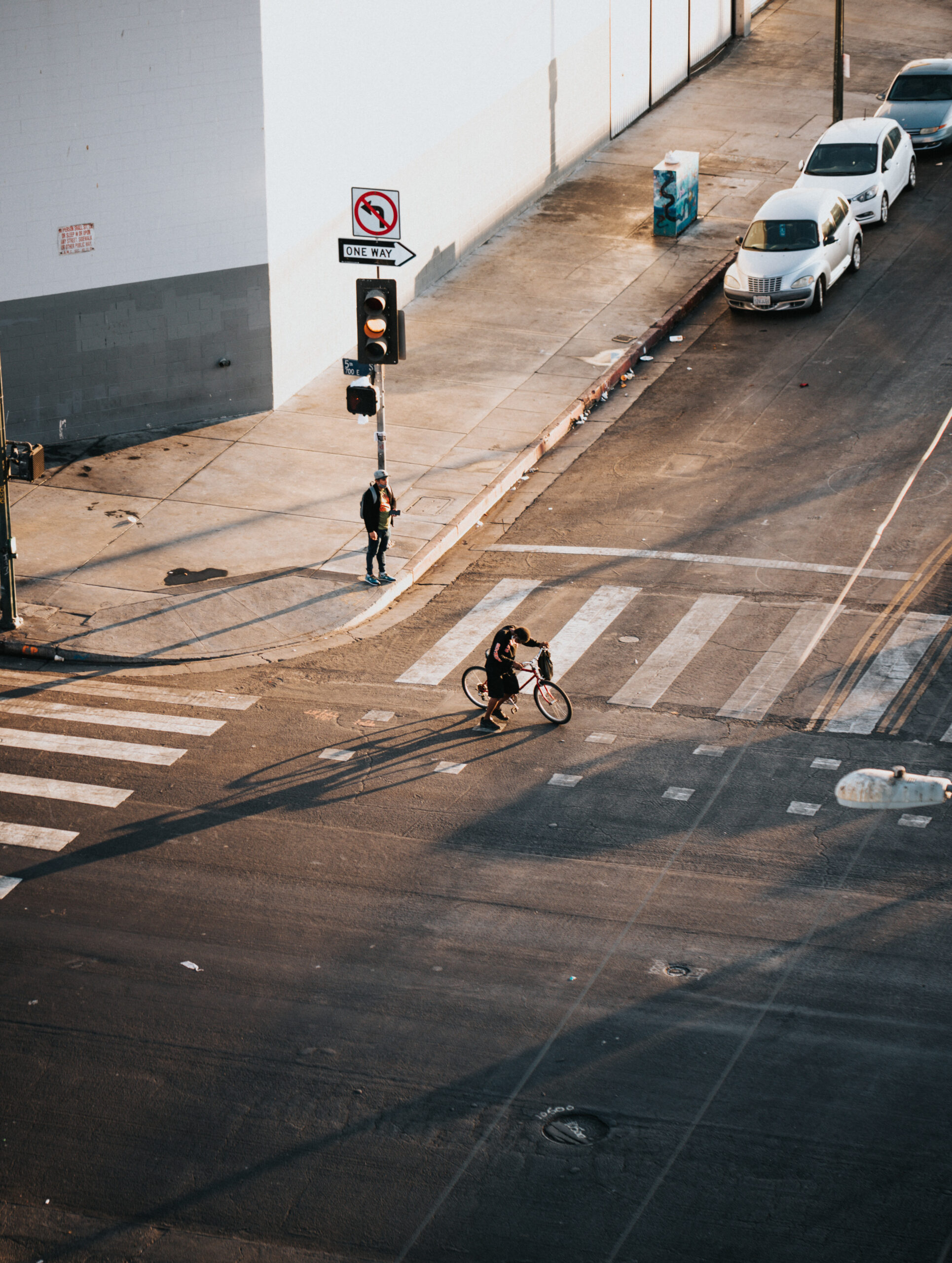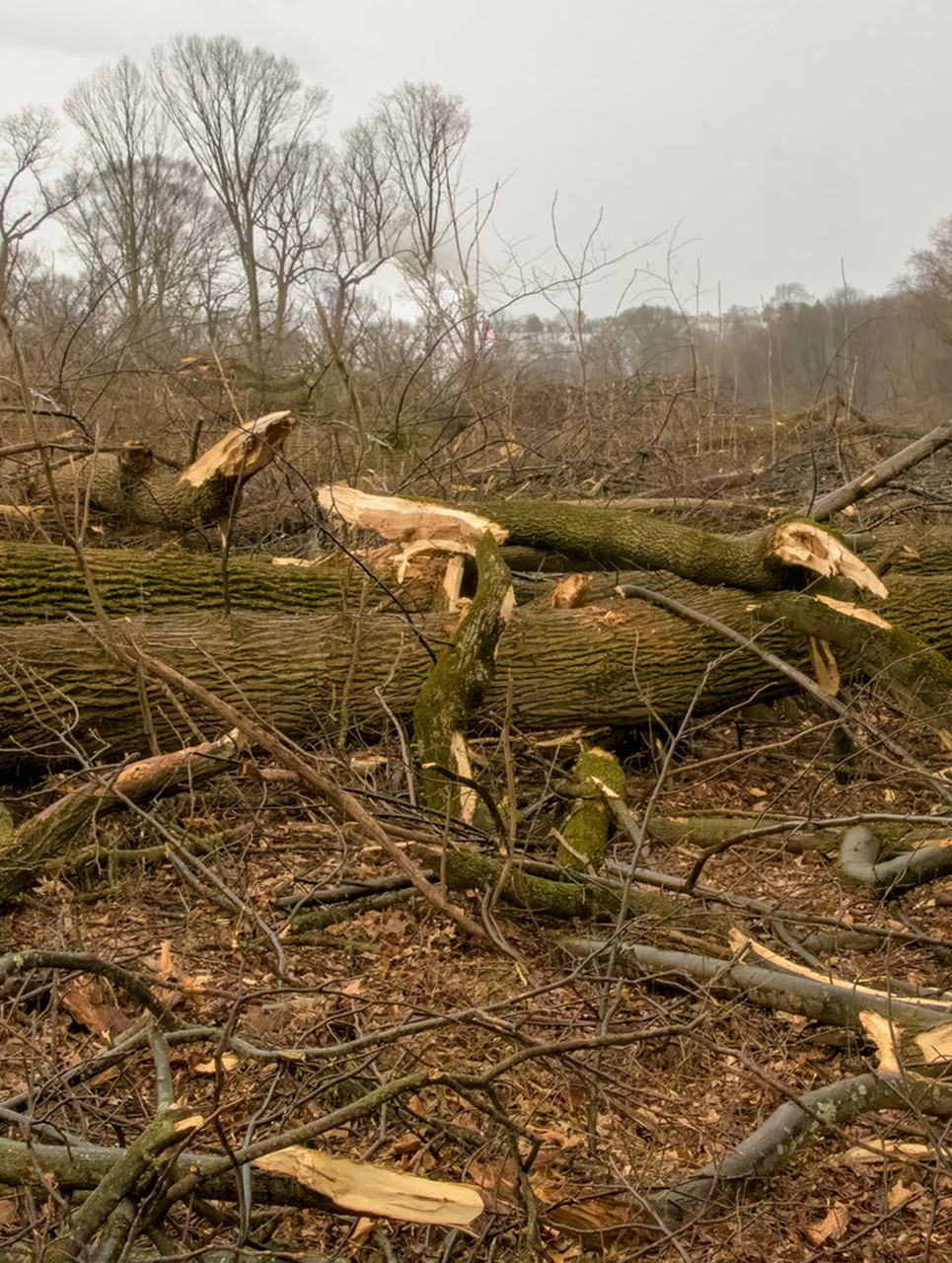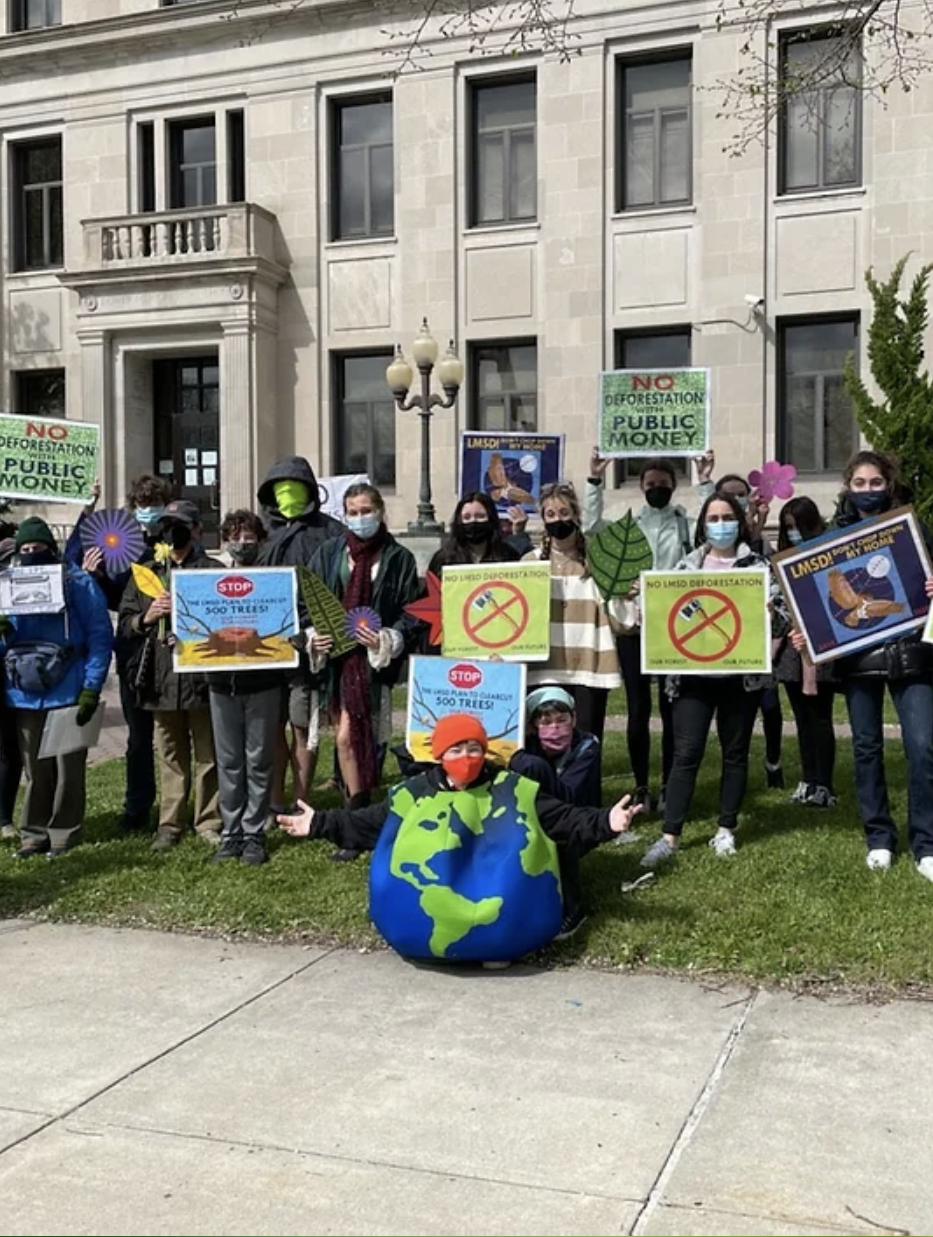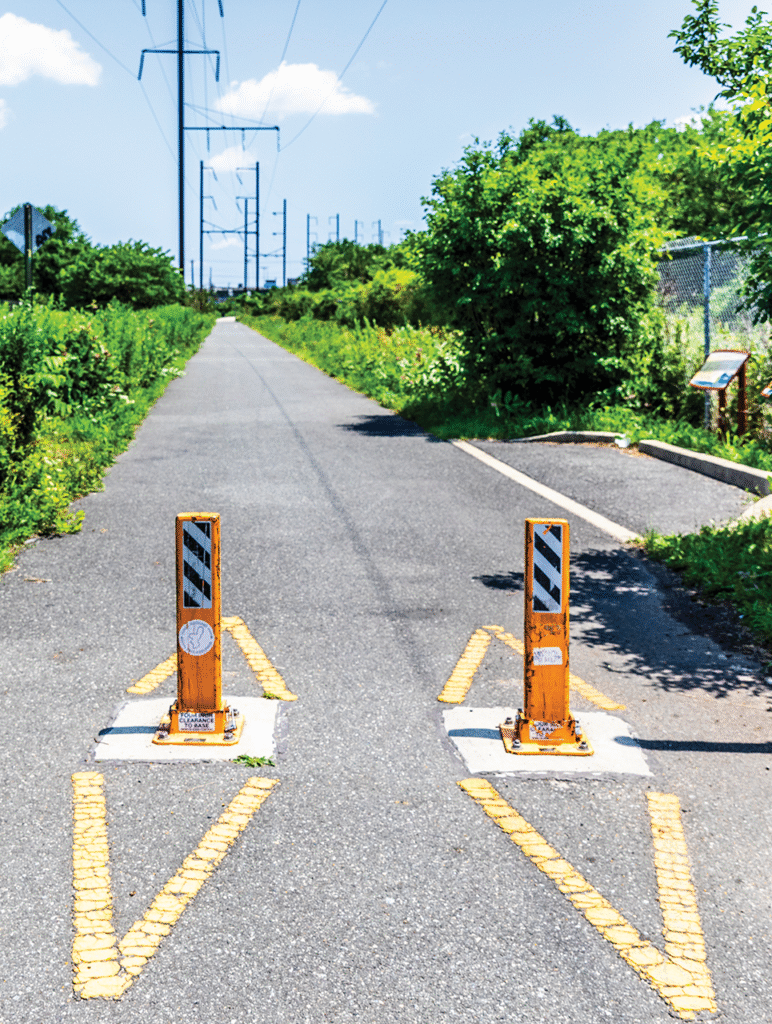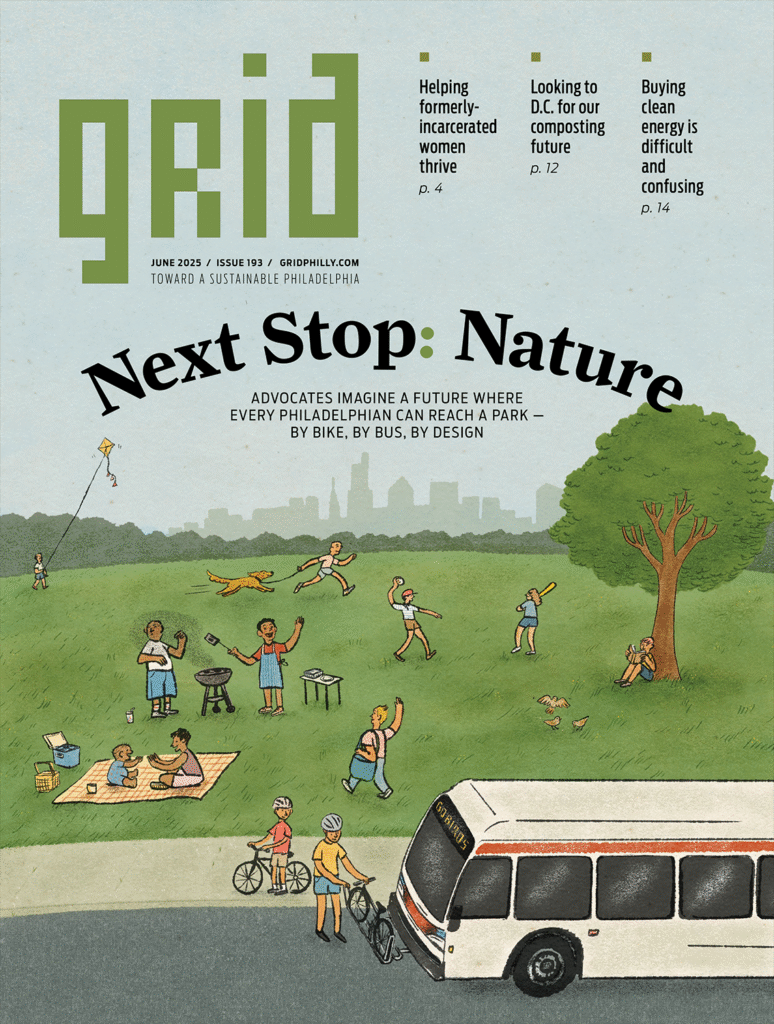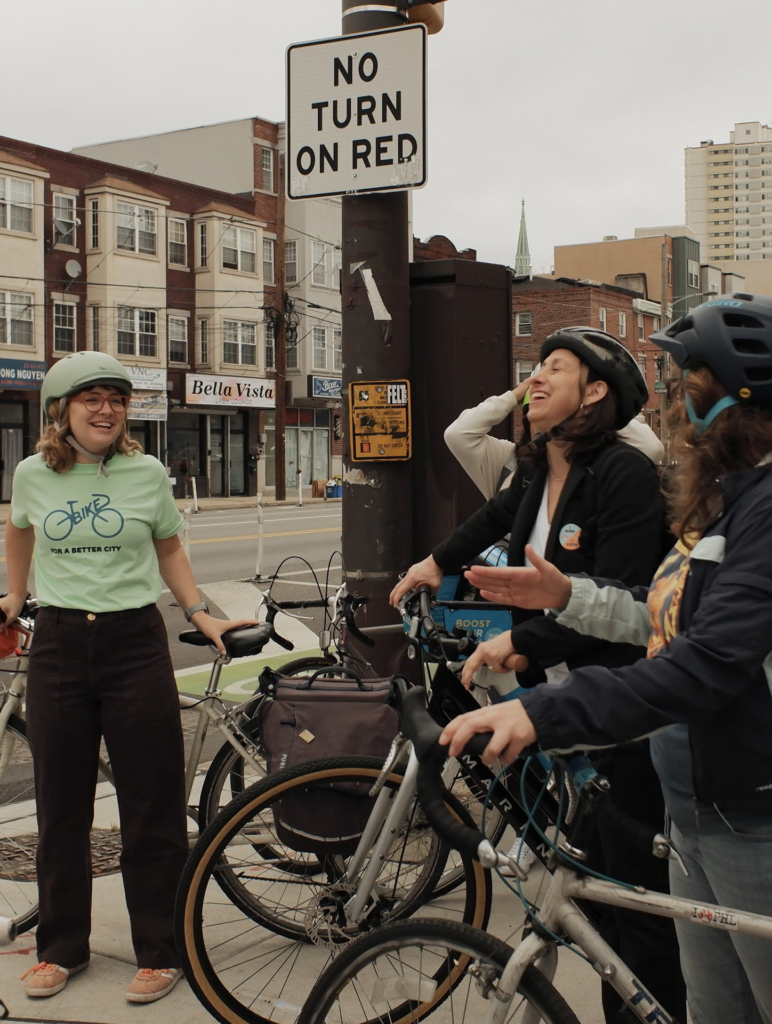“Accidents are the predictable result of unequal power in every form — physical and systemic… Accidents are not flukes or freak mishaps — whether or not you die by accident is just a measure of your power, or lack of it.”
– Jessie Singer, “There Are No Accidents”
At first glance, saying “car accident” instead of “car crash” is just an issue of word choice. In our society, the terms are used interchangeably. But what does it mean to call something an accident? And what if that “accident” results in a severe injury or death on the road?
An accident connotes that no one person is at fault, that the incident occurred because of extraneous circumstances out of an individual’s control.
Most motor vehicle crashes occur at or around intersections and are caused by speeding, distracted driving and/or inadequate surveillance by the driver. These causes require the driver to make a decision.
Instead of slowing down when I see a yellow light, I will speed up to make it through the intersection.
I will pick my phone up and answer a text message.
I’ve never gotten a speeding ticket so might as well push the limit a little so I can get to work on time.
Small decisions made by the driver can be the difference between life and death.
Do you ever hear about a plane or train having an accident? There is a reason why not. Planes and trains “crash” because American society has a zero tolerance for planes and trains failing and causing humans to die. We should have the same expectation for motor vehicles. Motor vehicles crash because humans are fallible, careless and make mistakes. They crash because road and vehicle conditions and designs haven’t been set up to avoid crashes at all costs, as have trains and planes and the associated infrastructure.
In 1997, the National Highway Traffic Safety Administration banned the word “accident” from governmental publications. Yet, almost 30 years later, the term “accident” continues to be used. The “Accident Investigation Division” of the Philadelphia Police Department is in charge of investigating car-related incidents. For a city that has a Vision Zero policy and an executive order to eliminate traffic fatalities by 2030, it is counterproductive and disingenuous to still use the word “accident” in the title of that particular police department division.
Departments in other cities across the country have rectified this naming issue. These include
- Pittsburgh Bureau of Police Collision Investigation Unit,
- Baltimore PD Police Crash Team,
- Phoenix Police Department Vehicular Crimes Unit,
- NYPD Crash Investigation Unit, and
- Metropolitan Police (Washington, DC) Major Crash Investigations Unit.
Leadership at the Bicycle Coalition of Greater Philadelphia has been working to get the Accident Investigation Division renamed since 2015, and for the first time there is movement. Captain Mark Overwise, who leads the Accident Investigation Division, is supportive of the renaming and has been pushing within the department to make it happen. And as of Monday, September 19, the managing director’s office shared via email with the Bicycle Coalition that they are looking at renaming the division, as a demonstration of their commitment to Vision Zero.
This is an exciting step forward, but there’s still a lot to be done to change society’s outlook on “accidents” versus “crashes.”
In August of this year, the Philly district attorney’s office dropped all charges against the truck driver who fatally struck Emily Fredricks while she was riding her bike to work in 2017.
The driver of the truck was making a right turn onto 11th Street from Spruce Street in Center City. Despite Fredricks having the right of way in the bike lane, and the driver not using a turn signal, the court ruled in favor of the driver.
“This accident was unavoidable, it was unfortunate,” said the plaintiff’s lawyer, David Bahuriak in an interview with the Philadelphia Inquirer.
It’s decisions and statements like this that show how far our society still has to go until we can walk the walk.
Nicole Brunet is the Policy Director for the Bicycle Coalition of Greater Philadelphia.

